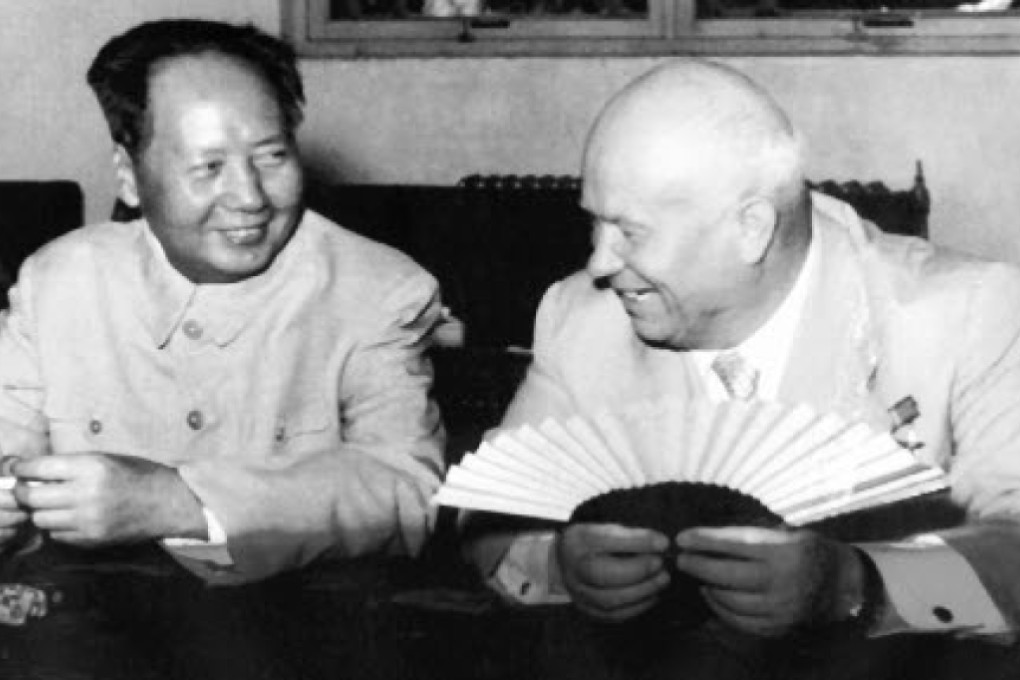Rooting out PLA corruption is helping Xi Jinping to build his power base
Minxin Pei says China's president is using lessons learnt from the Soviet Union to foster loyalty within the PLA by rooting out corrupt top officers

Although the People's Liberation Army celebrated its 88th anniversary on August 1, the country's 2.3 million soldiers have little to cheer about. On the eve of the anniversary, the PLA's former top general, Guo Boxiong , was unceremoniously booted out of the Communist Party and handed over to military prosecutors to face corruption charges, which include taking large bribes from fellow officers for promotions.
Guo's arrest followed that of General Xu Caihou . The two are not the only senior officers to have fallen since their commander-in-chief, President Xi Jinping , launched his war on corruption in 2012. Based on official data, 39 generals have already been arrested. It is reasonable to assume that this wide-ranging purge of senior PLA officers will continue.
Anyone who has been watching Xi for the past 2½ years could discern his goal of consolidating party rule by strengthening his personal authority, reinvigorating domestic repression and pursuing an assertive foreign policy. To achieve this goal, Xi needs to secure the PLA's unimpeachable loyalty - and that requires the purge of unreliable or corrupt officers.
Xi learned from the fall of Soviet leader Nikita Khrushchev in 1964
On a personal level, the PLA's loyalty is vital to make up for Xi's lack of an institutional power base. While Xi will work to build that base by gradually appointing his supporters to key positions, he needs the PLA to defend his political authority in the interim. To get the PLA's loyalty, he will replace top generals - most of whom were promoted by previous presidents - with his own men.
Xi learned from the fall of Soviet leader Nikita Khrushchev in 1964. Khrushchev was ousted in a palace coup sponsored by the KGB and blessed by the military. Had the Red Army been loyal to him, the conspirators would not have succeeded.
But Xi's plans extend beyond his personal authority. Shortly after Xi's assumption of power, he lamented to local officials in Guangdong that when the Soviet Union collapsed, the elite had lost the will to fight. At a time when the party's political monopoly is increasingly being challenged, Xi will not make that same mistake.
Therefore, Xi and his colleagues have reimposed ideological control and curtailed civil liberties. The final pillar of Xi's strategy for is to replace Deng Xiaoping's cautious foreign policy with a stronger one.